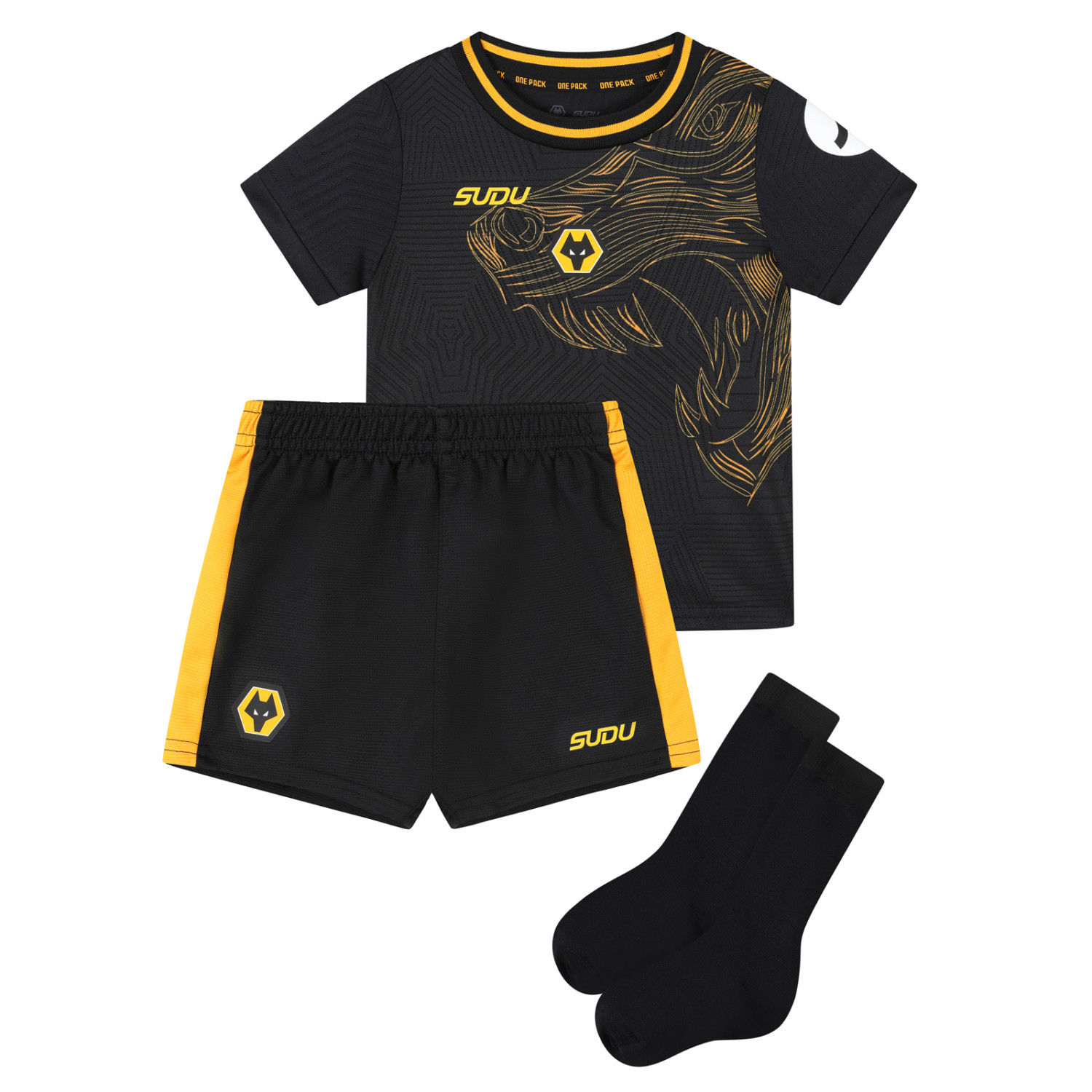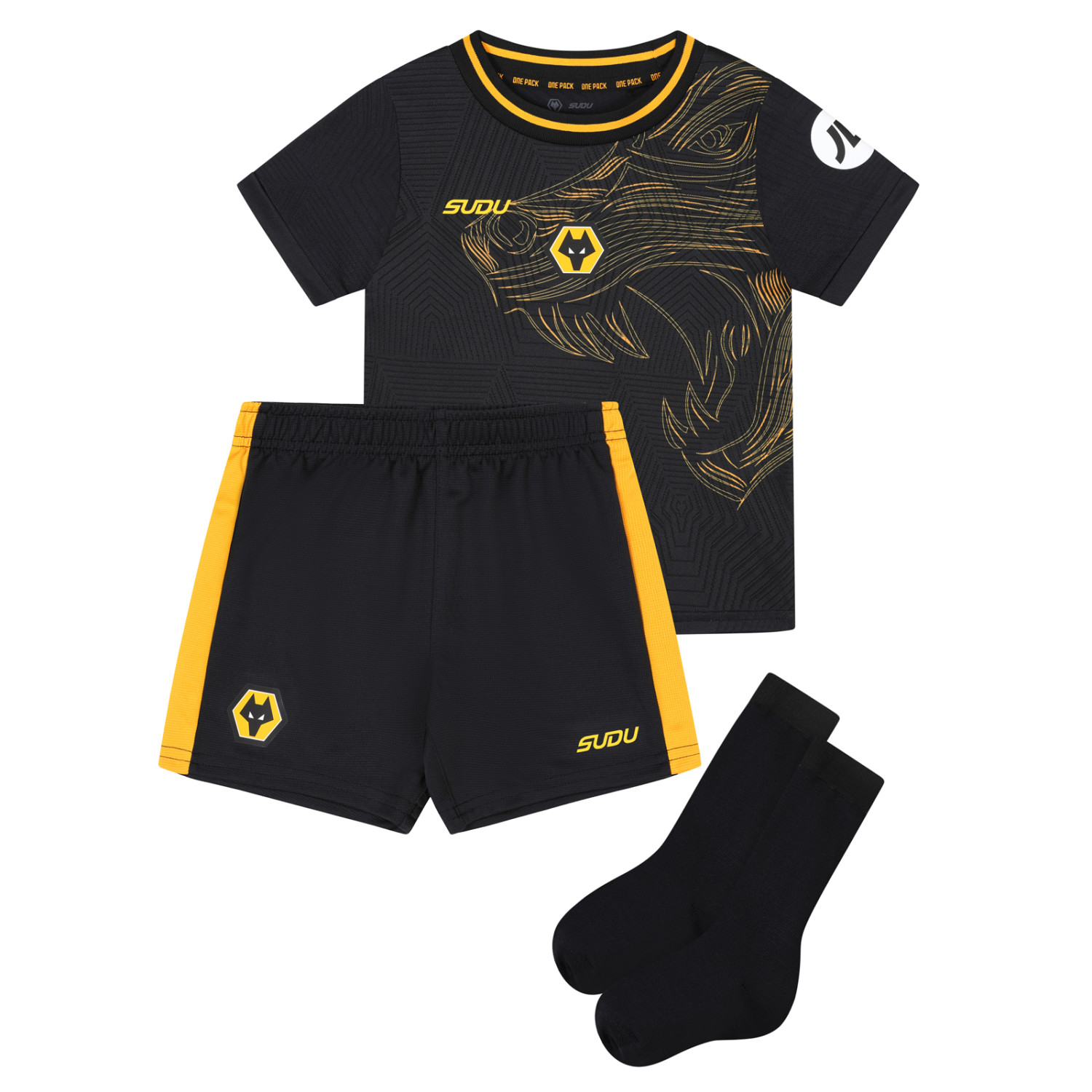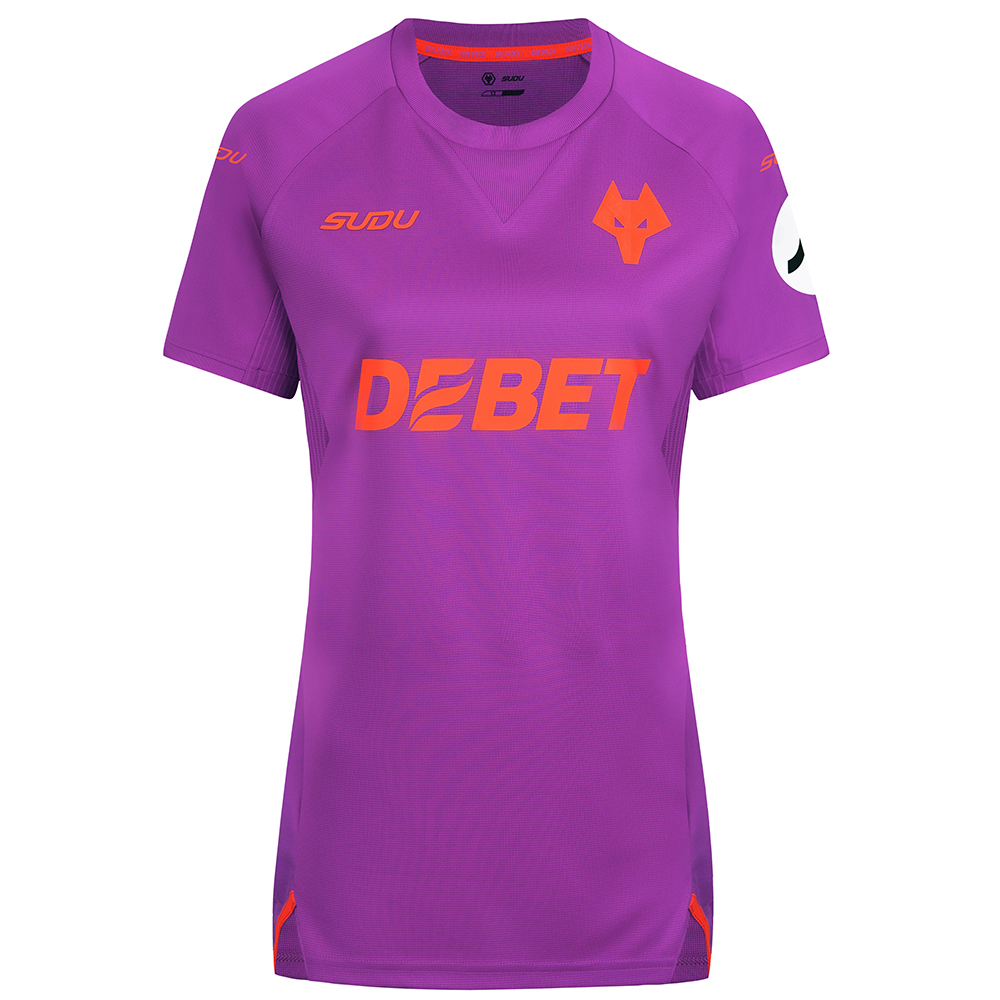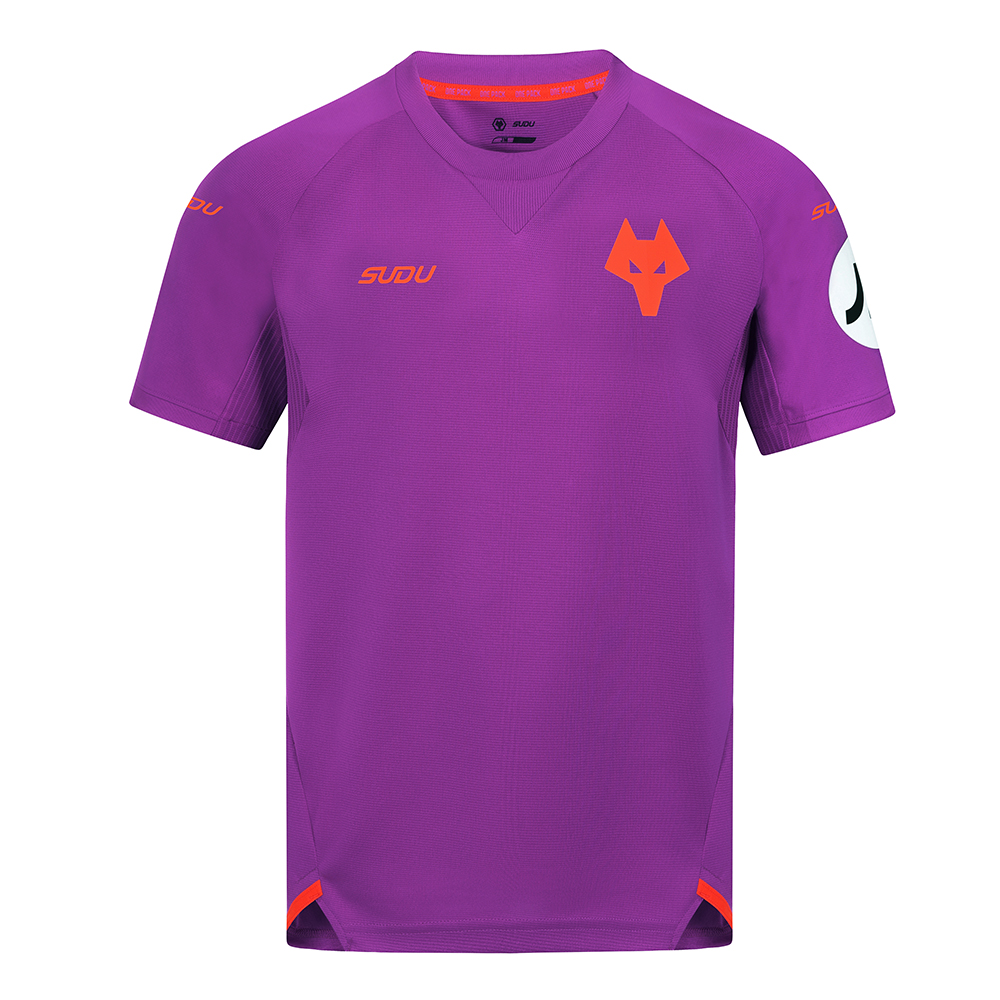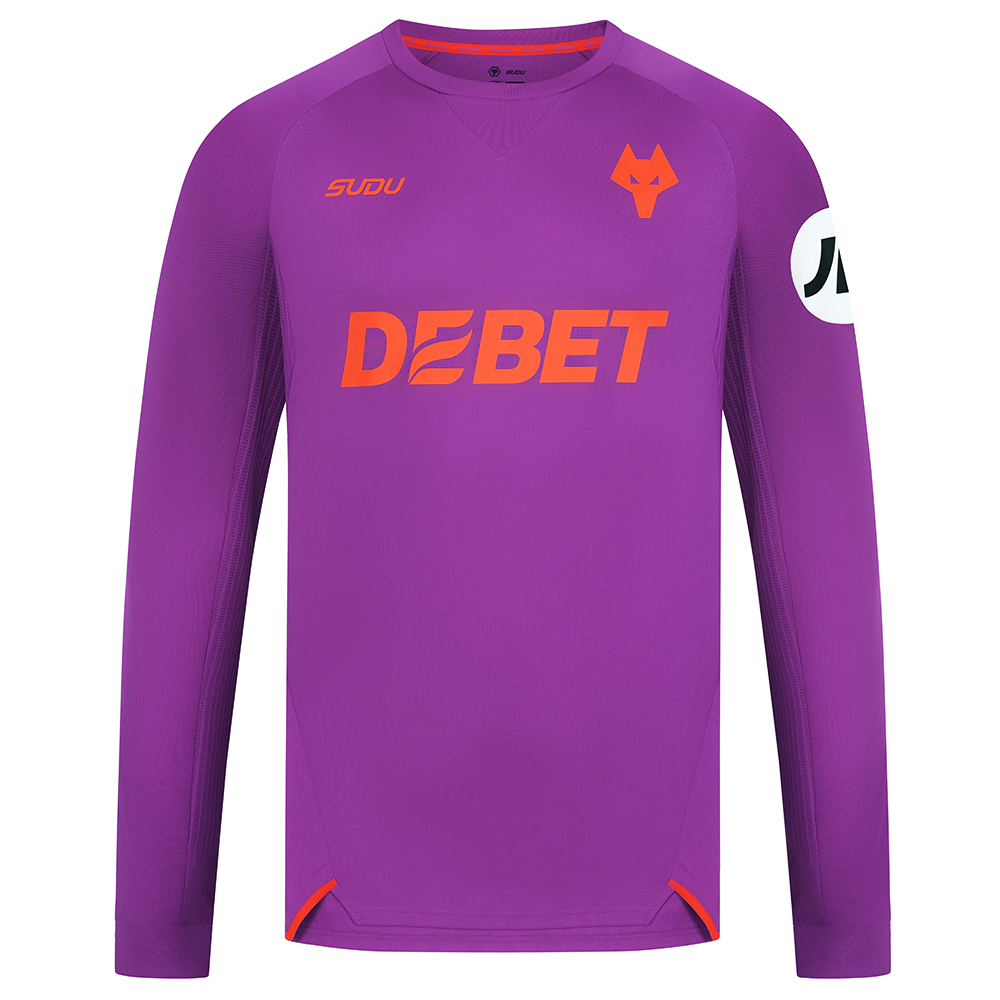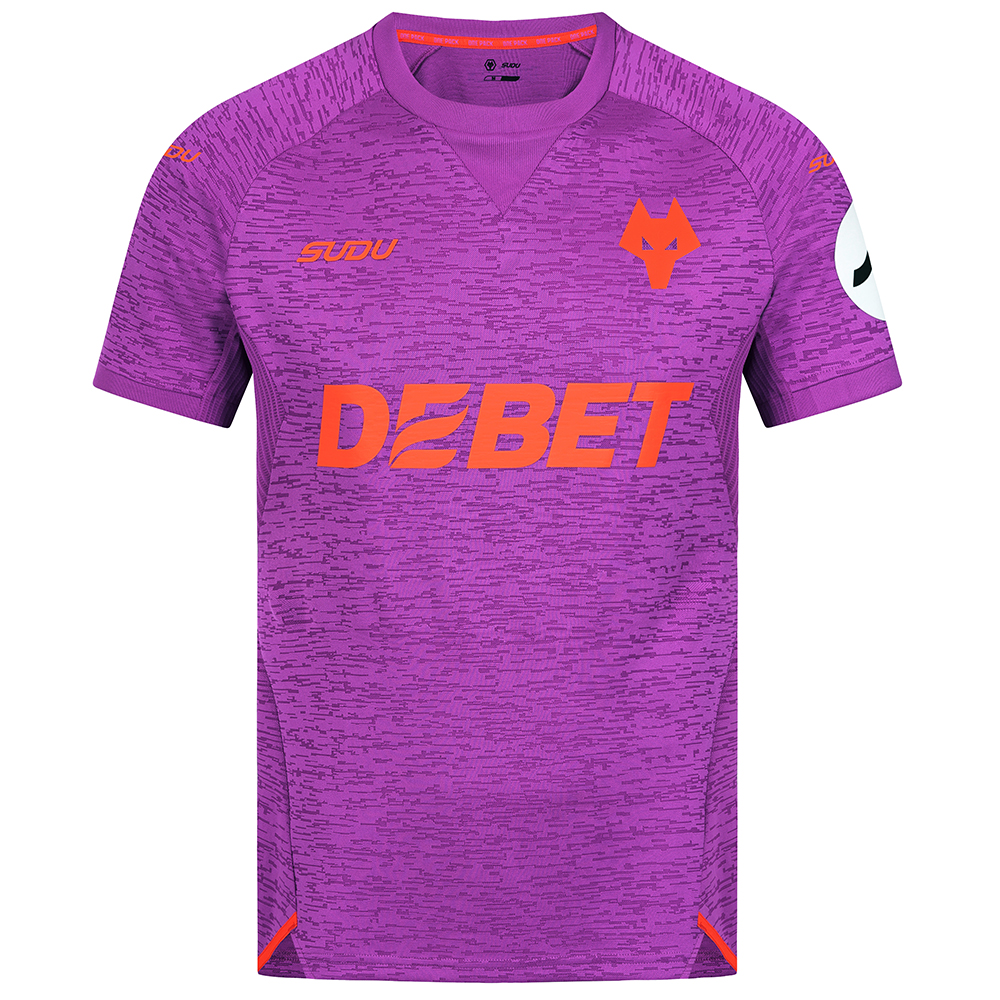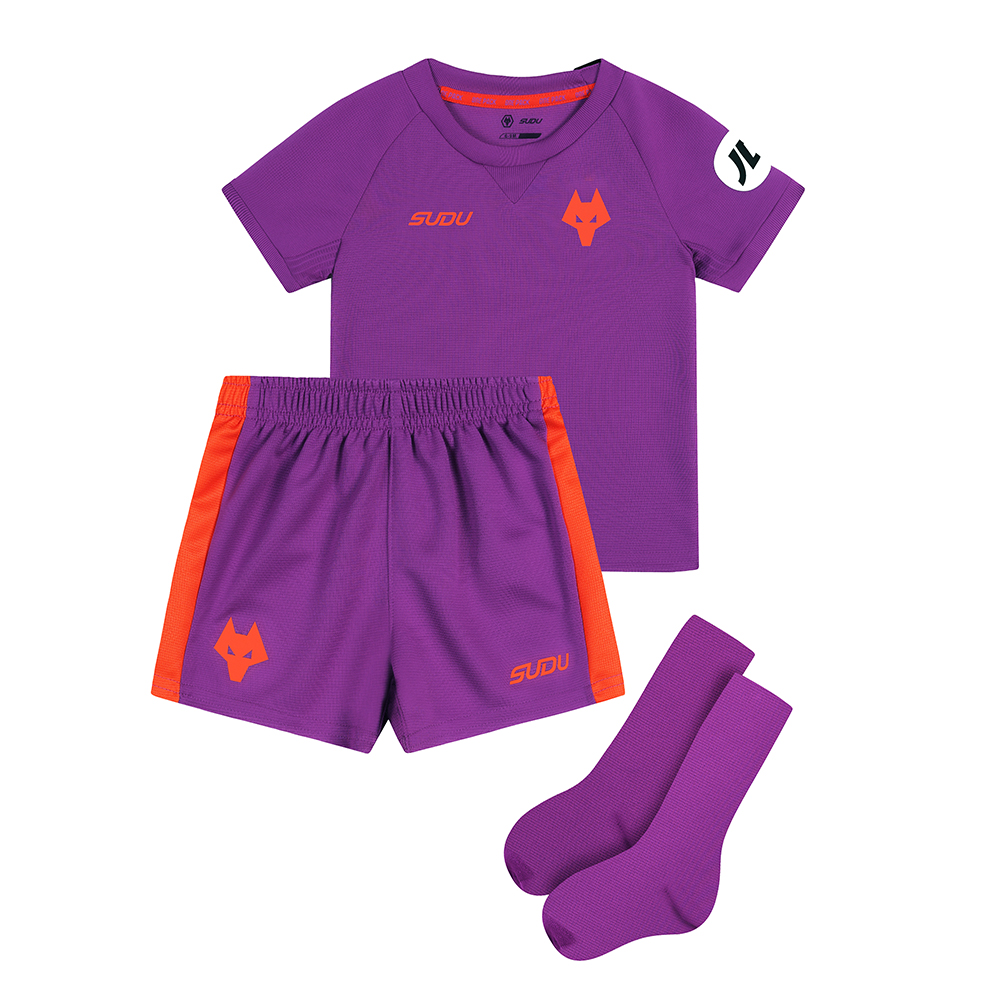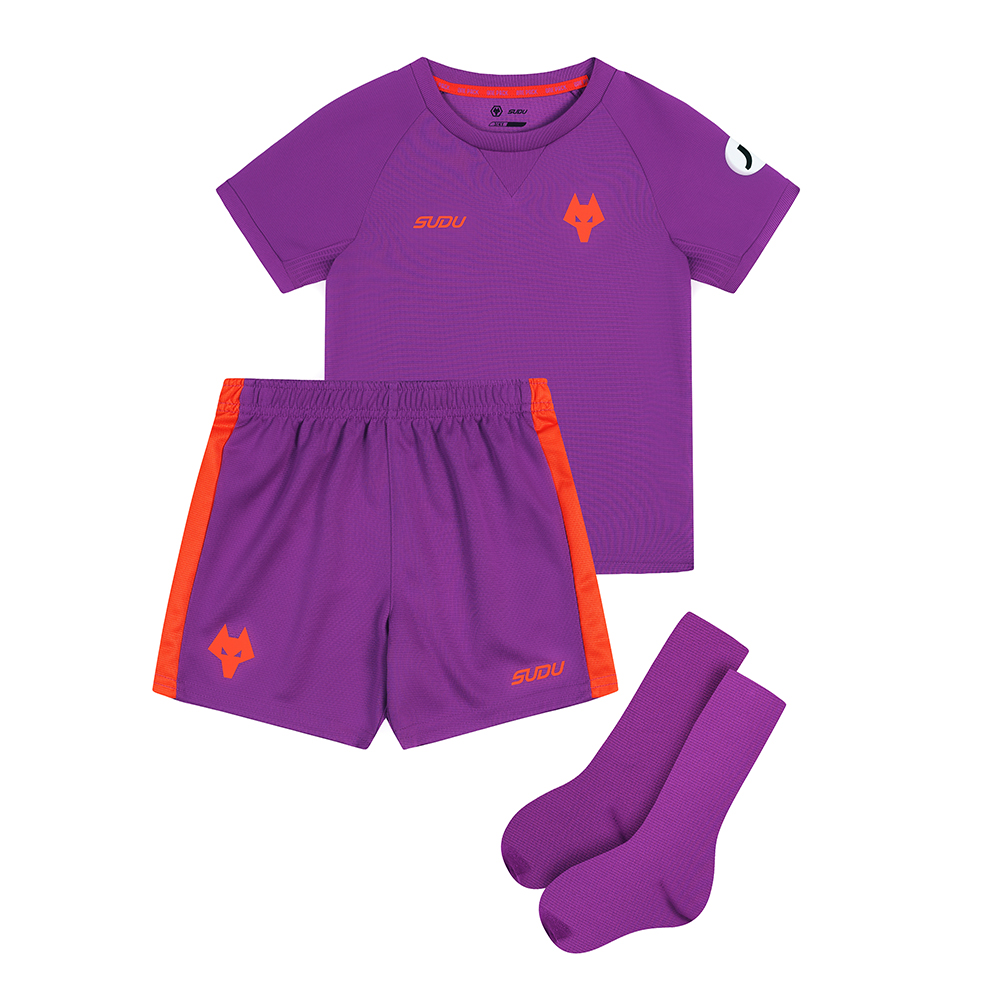Delivered thanks to funding from the Premier League, PFA, City of Wolverhampton Council and Wolverhampton CCG, it is a project which has had considerable impact since its launch, particularly with the increased focus on mental health during the pandemic.
We caught up with health and wellbeing manager Rachel Smith to talk about the origins of Head 4 Health, how the project adapted during the pandemic and some of the highlights of the last three years.
***
Rachel, how did Head 4 Health first originate?
RACHEL: When Wolves got promoted to the Premier League back in 2018, the Foundation were able to apply for funding from the Premier League & PFA Community Fund. Will (Head of Foundation Will Clowes) was having conversations with our former trustee Neeraj (Malhotra) and Public Health in Wolverhampton to identify local health needs and see where there were any gaps. The subject of men’s mental health was one which came up as it is often a challenge encouraging men to open up about any issues and at that time there wasn’t really anything for them to access. From there, the idea of Head 4 Health was born!
Once you have the idea, what is the next step?
RACHEL: We put together an application for funding based around a light touch intervention project working with different partners who we were connected with via Public Health. The application was successful back in October, 2018 after which we worked for several months on developing the idea before launching a pilot project, for men already attending other Foundation projects, in January of 2019. Once we had completed that and added in any learnings to make sure we were completely ready, we started with our first cohort in the March, three years ago this month.
How was Head 4 Health received in its early days?
RACHEL: It was a bit of a slow burner at the start which was totally understandable. Mental health provision was something that was new to us, and the Foundation wasn’t really known to organisations around the city in terms of that particular area. And also, there was still that stigma around men accessing support. Gradually though, we started to build some traction and develop awareness through different presentations and partnerships. We now have a referral process in place from where we receive the majority of participants but people can still self-refer as well. It has been important to build the brand of Head 4 Health and grow awareness across the city about what we do.
How does Head 4 Health actually operate?
RACHEL: Each cohort runs for eight weeks which involves one session a week lasting for a couple of hours. Each session offers individuals the chance to talk in a safe and relaxed environment and usually consists of an informative workshop alongside some physical activity. When participants have finished the cohort, there are then ‘Extra Time’ sessions where they can drop in on an informal basis and chat about how they are feeling. That just keeps the link going of their support from the Foundation and also perhaps any social relationships they have built up. They are also more than welcome to attend another cohort if they wish.
One huge highlight of Head 4 Health must have been meeting Prince William, the Duke of Cambridge, back in February, 2020. How did that come about?
RACHEL: It was the start of the FA’s ‘Heads Up’ campaign, a mental health initiative spearheaded by the Duke of Cambridge. Because the PLCF (Premier League Charitable Fund) were aware of our work through Head 4 Health we were invited to the launch event in London. Which was obviously very cool! We took a couple of participants down and Prince William came over and chatted while we were playing Table Football. He was great!
There was also a music video? That must have been lively!
RACHEL: Yes, in May of last year, to mark Mental Health Awareness Week, Head 4 Health recorded and released their own music video, a singalong to ‘With a Little help from My Friends’. The group came up with an idea to do a music video and it ended up, with the help of the band Junomoon and the RML Studios at Newhampton Art Centre, becoming far more professional and hi-tec than we could ever have imagined! The final version was really good and attracted more hits on the Foundation’s You Tube channel than any of our Head 4 Health videos so far. The participants really enjoyed putting it together, even those who were well outside their comfort zone, and that was the main thing.
How did the pandemic affect Head 4 Health and what did you have to do to adapt?
RACHEL: The pandemic and lockdowns brought a huge change for the Foundation in general, including Head 4 Health. We are usually in people’s faces – in the nicest possible sense - with our projects but obviously with the restrictions in place we weren’t able to do that. Some of our participants struggled to access the online provision which we provided or they might have partners or children around making it difficult to go on a Zoom call and talk about how they were feeling if they didn’t want others to know. It was a new development for us to deliver one-to-one support through Head 4 Health but we picked that up with wellbeing calls to keep in touch with people, asking if they needed any support such as shopping for the more vulnerable among them. We were able to carry out virtual activities and those Zoom calls including one with first team goalkeeper John Ruddy, who had previously visited a session face-to-face along with then team-mate Ryan Bennett. We also started Walk & Talk sessions during the pandemic during the times when restrictions allowed people to meet outdoors, and that was actually a really positive step as it is something we have carried on and will continue to do so.
How do you sum up the impact Head 4 Health has had on the participants over these last three years?
RACHEL: It has had a big impact. We are the first port of call for a lot of people who come to Head 4 Health, people who have never accessed any support services previously or don’t know where to turn. They come to us because they trust us as a football club and maybe find it easier to talk to us and meet others in similar situations instead of going to their GP or a more clinical setting. We are different in being a light touch intervention so perhaps it’s not as daunting for them to come and see us and see how we can help. We also regularly bring in people from those support services to speak to them at Head 4 Health sessions about what they offer. For some participants, our light touch and the social support of Head 4 Health is enough to provide the help that they need. If anyone then feels like they need more support, we can signpost them to other services and make them aware of what is out there – a lot of the time they don’t realise what there is for them to access and finding those services is the most difficult part.
In recent months Head 4 Health has actually expanded, hasn’t it? Can you tell us more?
RACHEL: Yes, we received some additional funding from the Better Mental Health Fund from the City of Wolverhampton Council. This meant we have been able to extend Head 4 Health to all adults over the age of 18 - not just men - and also add in some free one-to-one counselling through Serenity Counselling which means we are offering an increased level of support. This has enabled us to have more of an impact in the city, and we are no longer a male-only project. We have also been able to secure a further three years of funding from the Premier League & PFA Community fund which is fantastic news.
As the health and wellbeing manager, how pleased are you personally with the impact of Head 4 Health?
RACHEL: The health team has grown considerably since Head 4 Health started, and it has been one of the biggest projects I have been involved in from the start to where we are now. The journey and the development of the initiative has been huge. It is probably the most challenging project I have worked on to some degree, but also the most rewarding. And it is also, given where we have come from and how it has evolved, the project I am most proud of. A lot of responsibility comes with Head 4 Health because of the people we are working with to help and support but it is great to see it have such a positive impact.
Finally then, three years old with another three years funding secured – what next for Head 4 Health?
RACHEL: Since we have received the new funding and expanded the project, the last few months have been a bit of a whirlwind. We are working closely with individuals with complex issues and linking up with new and different organisations so at the moment I think we are in a settling down period and honing potential areas of improvement. We just want to continue the momentum of Head 4 Health and continue spreading the message of the support we can provide. A lot of people still know the project as purely being for men’s mental health, so we need to increase the awareness that it is now open to all adults and encourage people who need support to come along and get involved.

















